Master of Landscape Architecture
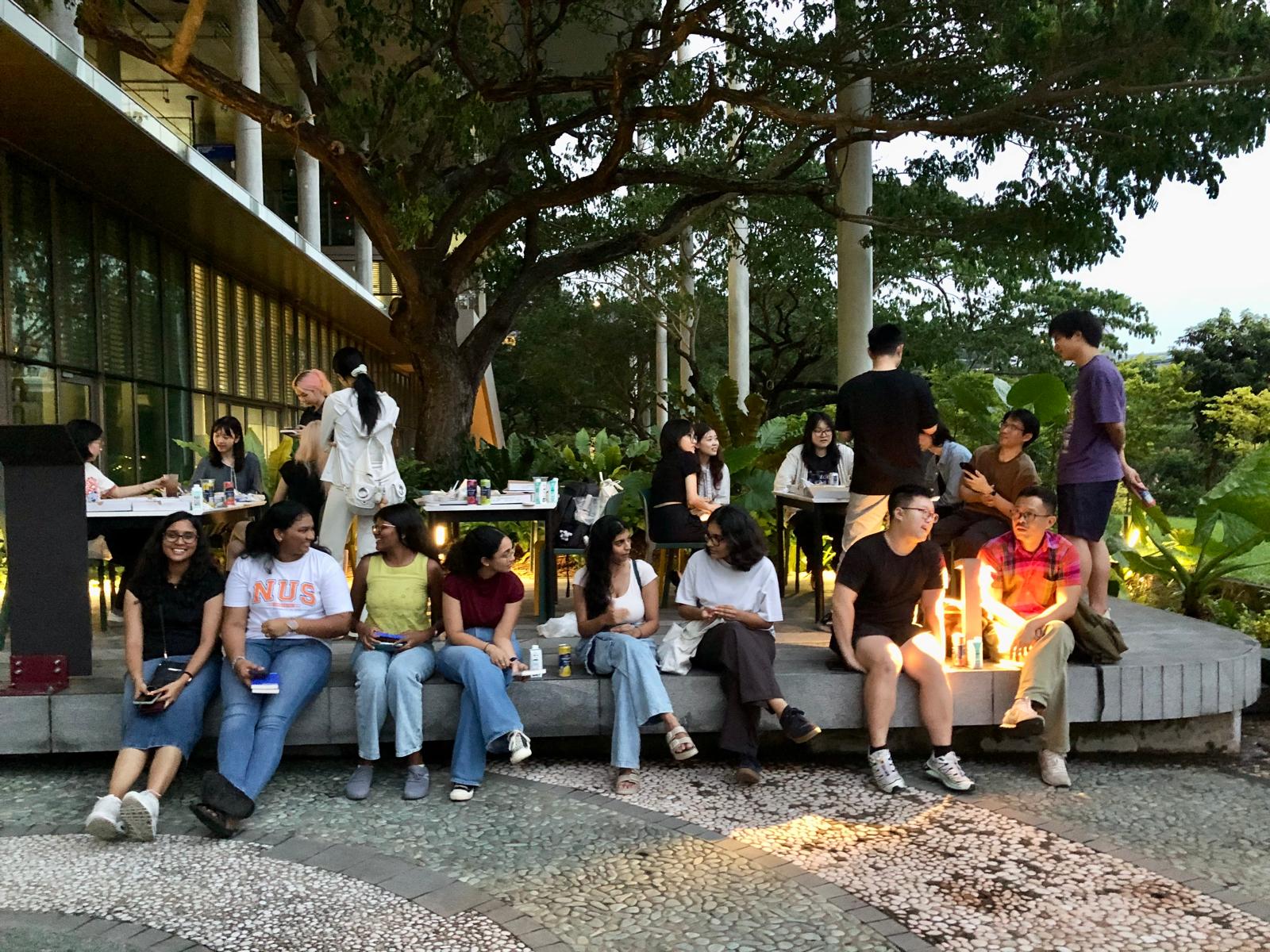


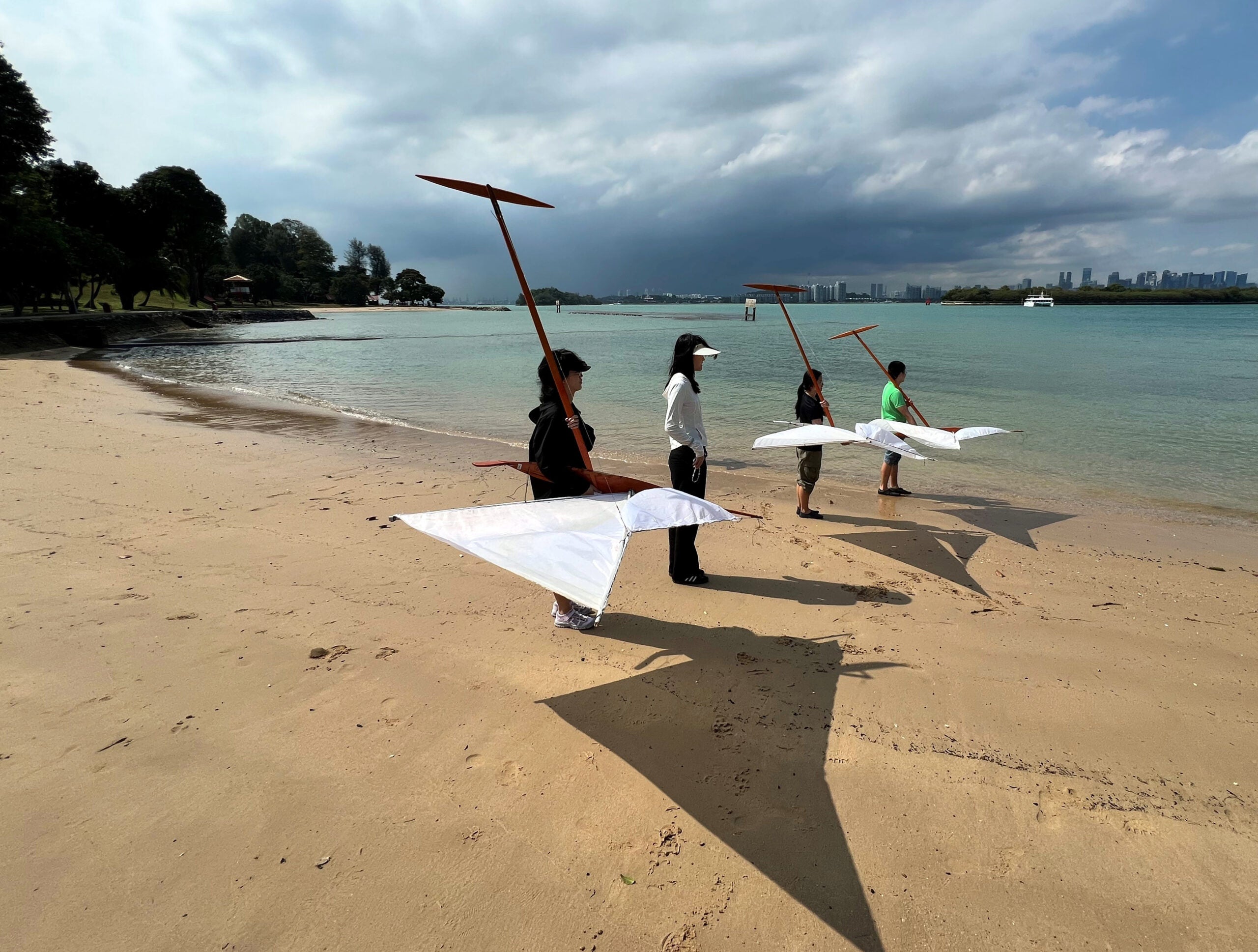


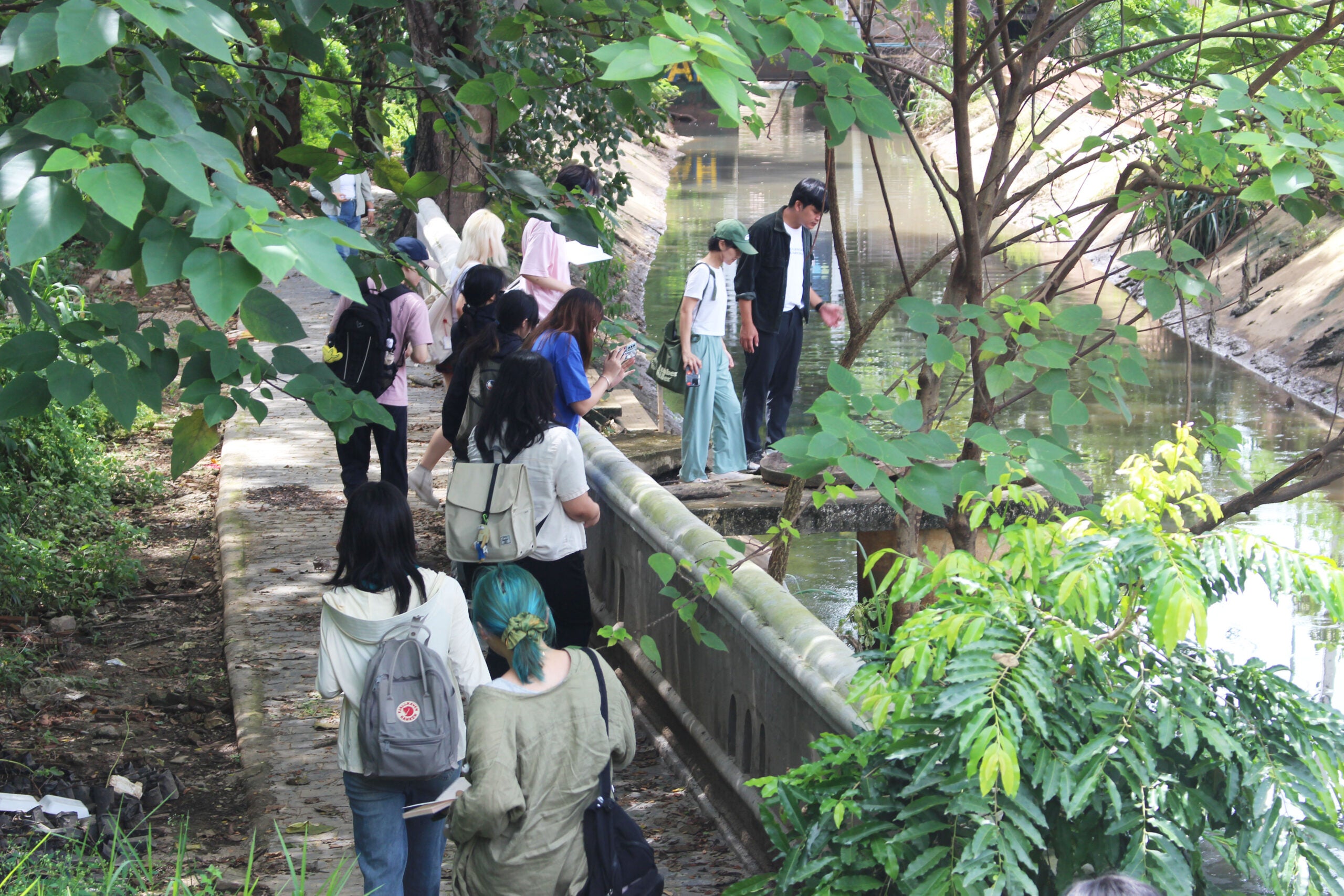
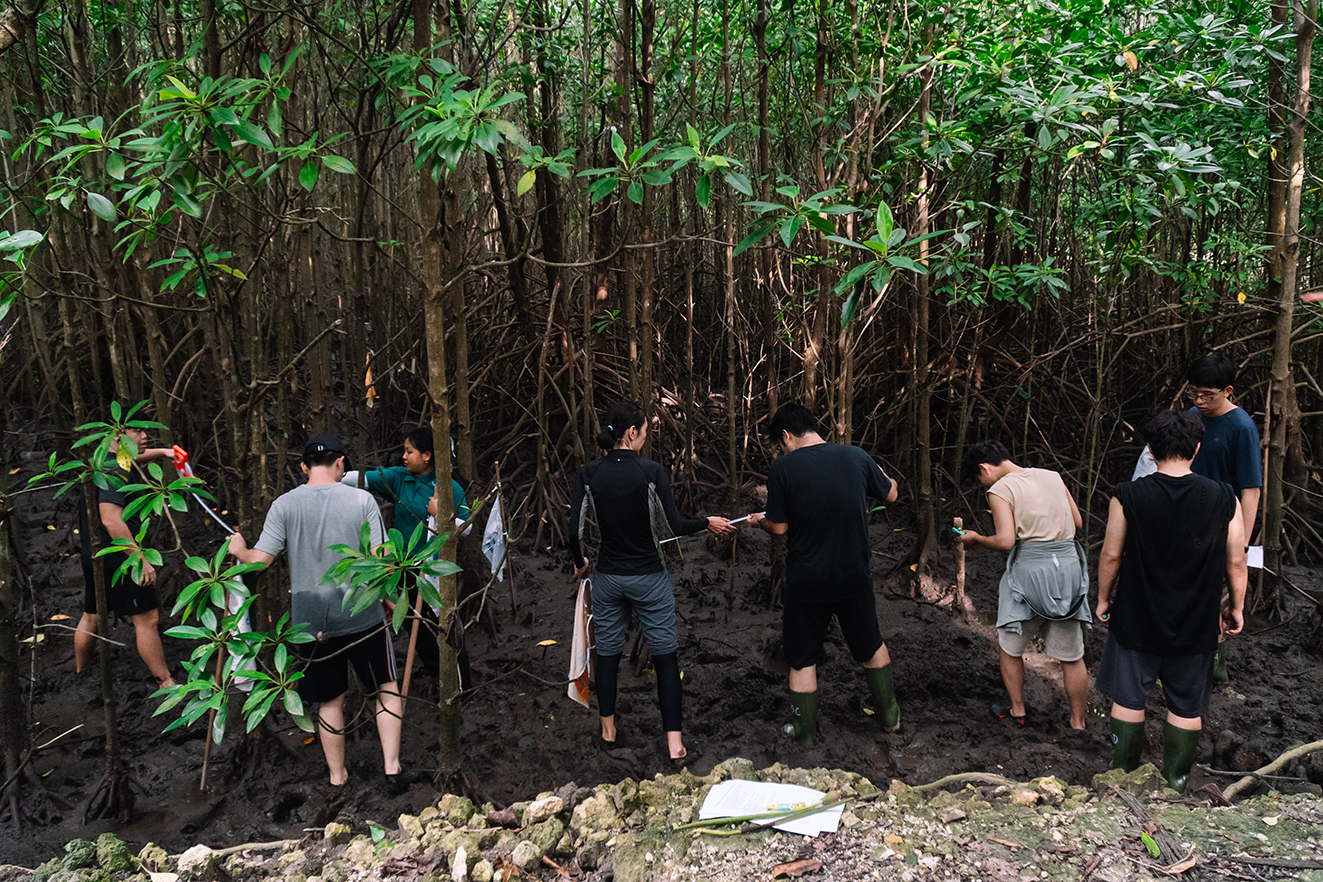

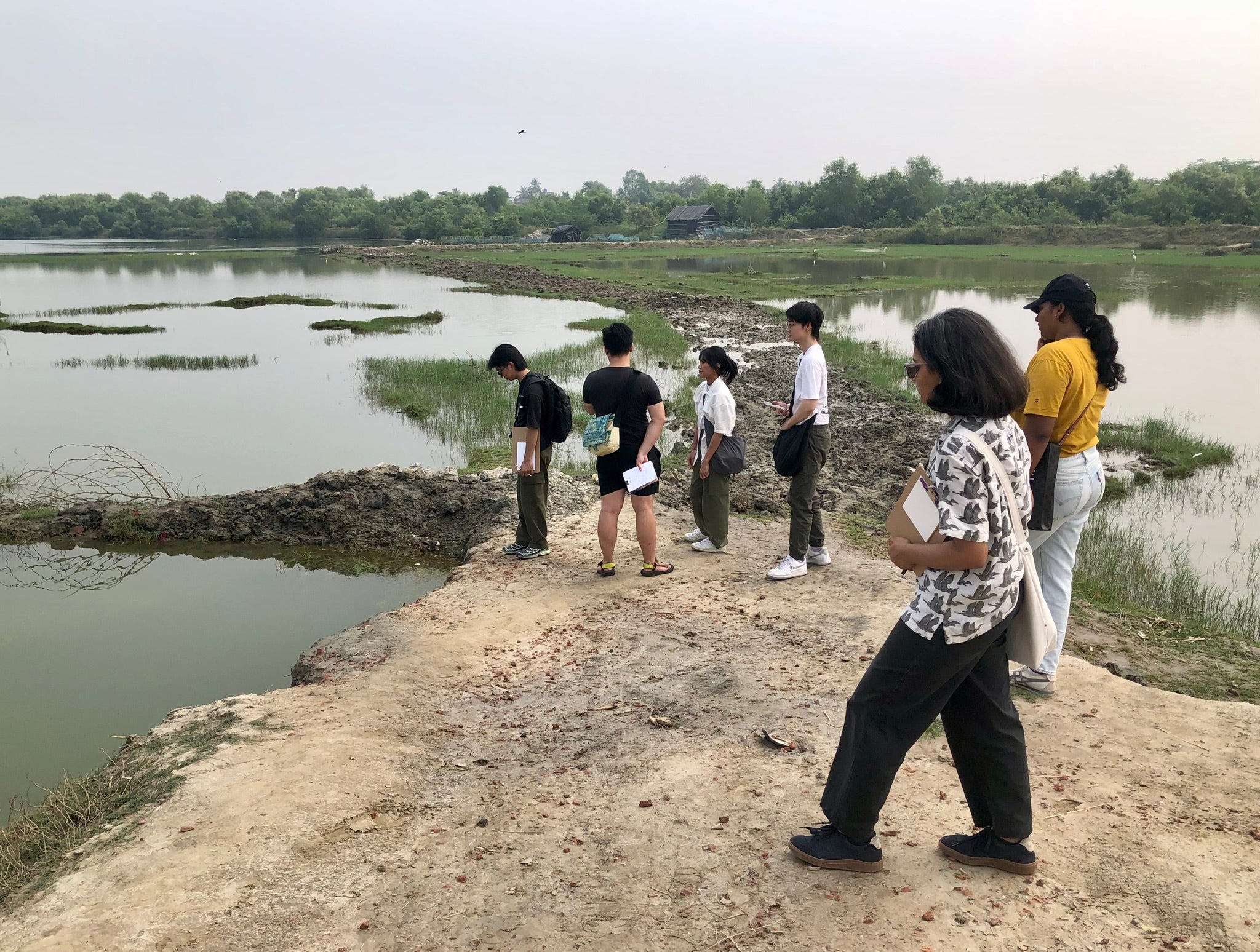
NUS Landscape Architecture
NUS LANDSCAPE ARCHITECTURE is a core programme of Asia’s premier school of design and the built environment. Starting from the inception of the Master of Landscape Architecture in 2009, NUS LANDSCAPE ARCHITECTURE has grown to also offer the Bachelor of Landscape Architecture, marking an exciting milestone for tertiary-level landscape architecture education in Singapore. NUS LANDSCAPE ARCHITECTURE provides the only tertiary-level programmes that qualify graduates for accreditation as a practicing landscape architect in Singapore through the Landscape Architects Accreditation Programme of the Singapore Institute of Landscape Architects.(more information can be found here).
The core emphasis of NUS LANDSCAPE ARCHITECTURE is excellence in design—we imbue our students with a deep understanding of the dual nature of design as both a process and a product. As a process, we prioritize landscape design to be creative, but one which is grounded in socio-cultural sensitivities, ecological knowledge, and grasp of conventional and emergent technologies and techniques. Design as a process benefits from synergistic knowledge exchange among multiple disciplines in NUS as one of the top research intensive universities in Asia and the world. As a product, landscape design expressed through various visual and digital media, must be inspiring, move the heart, and above all, instigate meaningful and impactful landscape changes in real life.
The programme is distinctively Asian and pantropical in its geographic attention and urban in its emphasis. With our central location in one of the most dynamic, diverse and rapidly urbanizing regions of the world, we aim to provide a landscape architecture education that is sensitive to the myriad challenges facing Asian cities, as well as opportunities provided by the sheer richness of heritage and cultural, socio-economic and ecological elements of the region. Our location in Singapore, with its diversity of culture and cosmopolitan outlook, and where greening and ecology of the built environment is a cornerstone of its urban development approach, also provides an enriching backdrop to our training of landscape architects.
As we move into the Ecological Age, where the environment and nature increasingly become prioritized in land-use developments, landscape architects are well-poised to play a critical role in shaping an environment that affects the large majority of the world’s population. To that end, we train our students to design, build and manage design projects of different scales and context. Our graduates are expected to navigate the demands of the profession, and the dynamism and challenges the environment presents, and to be leaders and stewards in shaping a liveable, sustainable and resilient environment.
PROGRAMME GOAL AND OBJECTIVES
The Master of Landscape Architecture (MLA) is a two-year, full-time degree programme for individuals seeking advanced and cutting-edge training in landscape architecture. It is for students who have completed BLA or its equivalent in related disciplines (architecture, urban planning, urban design).
The intensive and rigorous course engages students with the following emphasis:
Independence and excellence in design. As an advanced course, MLA provides a structured platform for students to pursue areas aligned with their own interests in depth, independent design, and intellectual inquiry.
Research as a foundation for design. Situated in a large research intensive university ranked among the top in Asia and the world, MLA emphasizes the use of research to critically identify and explore socio-ecological issues of the site. Design is envisaged as the bridge between scientific research and landscape changes arising from spatial design. Research skills are honed through Dissertation and other lecture courses and applied to studios.
Interdisciplinary collaboration. Hosted by the Department of Architecture which has a long-standing reputation as the top Asian Architecture School and one of the top ten schools in the world, MLA takes advantage of the close partnership with other design disciplines in architecture, urban planning, urban design, and integrated sustainable design through joint studios, cross-discipline electives, and networking guided by a world-class team of academics and practitioners. Our graduates will understand that the most pressing urban challenges cannot be solved by a single discipline but require interdisciplinary collaborations across professional disciplines and key stakeholders.
Developing leadership in practice. Landscape architecture as a professional practice is constantly evolving and the roles of landscape architects are gradually expanding into new frontiers of practice. Our graduates will contribute to critical discourse and shape the practice by providing thought leadership.
Our Goal is to train the next generation of landscape architects in practice and academia, who will be
stewards in shaping a liveable, sustainable and resilient environment. Our graduates are expected to be able
to navigate the demands of the profession, and the dynamism and challenges the environment presents.
The Objectives of the MLA programme are:
1. To develop competencies in a wide-range of professional skills that prepare our graduates for a
diversity of career options.
2. To inculcate a questioning mind, critical thinking ability, and a mindset of continuous learning that
prepare our graduates for an evolving landscape architecture profession.
3. To develop well-rounded graduates, with a care for the environment and the community.
4. To develop a deep appreciation in our graduates of the critical roles of landscapes in shaping key urban development goals of sustainability, liveability and resilience in a wide range of socio-cultural and socio-economic contexts as well as linkages with other disciplines.
HANDBOOK
Please refer to MLA handbook for more details.